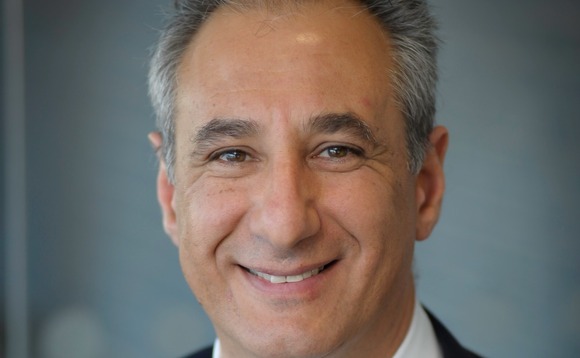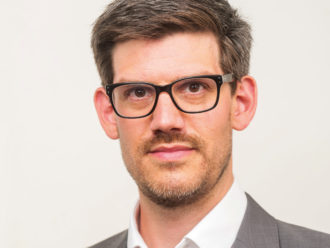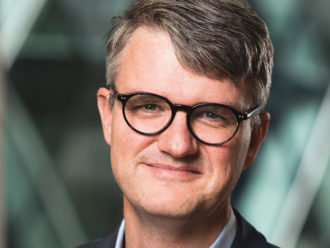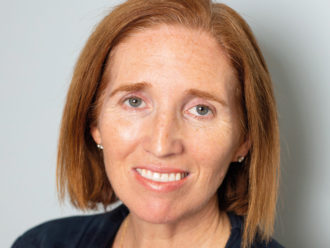Last month you announced that you were launching a parliamentary group. How is that going?
We ran a conference on 13 September 2017, which was 10 years to the day since the collapse of Northern Rock. The conference was called: It must never happen again. We were asking what caused the global financial crisis and what can be done, if anything, that hasn’t yet been acted on?
We had some great speakers, including Professor Andrew Clare, who is ex-Bank of England. I managed to persuade the speakers and some of the attendees to put their thoughts into a white paper.
The aim was let’s not let all the great ideas at this event evaporate, let’s capture them all into a white paper. That led to the creation of a new team of volunteers within the Transparency Taskforce. We now have 13. That team was called the Financial Stability Team.
They developed a white paper by the end of January called: Ideas to reduce the chance of another financial crisis. A few members of the team and I presented that document at the House of Commons in February to members of the Bank of England, the FCA, the Financial Reporting Council and numerous other regulatory bodies as well as some parliamentarians. Sir Vince Cable was one of the speakers.
The dream outcome of that meeting was to promote the idea that maybe there would be value in a new all parliamentary group on financial stability, which would discuss on a regular basis the ideas in the white paper.
It has moved forward nicely. The inaugural meeting is going to be in May. We have a broad cross section of parliamentarians interested in getting involved. Andy Haldane, the Bank of England’s chief economist, at a conference a few weeks back responded to a question of mine that indicated that the Bank of England wants to get involved in this kind of activity. Frankly, the Transparency Taskforce, this no-resource network of mavericks who want to help fix stuff, is having a profoundly positive effect. The reason why it is so relevant to the topic of transparency is that one of the root causes of any global financial crisis is a lack of transparency in the system.
The global financial crisis was all about massive financial organisations holding assets that they didn’t know what they were. There was a lot of opacity around all sorts of financial instruments.
It is interesting to note that the finance and banking industry was looking to recruit rocket scientists to develop complex products to capitalise on the way that the markets were working. That gives you an indication of how terribly opaque and complicated it all was and how it was virtually impossible for ordinary folks to understand what was going on. It really is a hugely interesting topic.
So how do you avoid another financial crisis?
The reality is that it is probably impossible to avoid a financial crisis because you cannot know the unknown unknowns. What you can do is analyse everything that you do know, but you have to accept that there are going to be things coming out of left field that nobody anticipated.
However, what you can definitely do is mitigate the adversity of the next one. You do that by systematically and forensically going through a long list of questions, such as what can we do about climate change risk to avoid the chances of another global financial crisis?
There is a close correlation between what can go wrong in ESG terms and how that can trigger an over-reaction by the market that could trigger a crash.
Another question is, what can we do about the way the credit rating agencies work to reduce the chance of another financial crisis? What can we do about the culture in the City to reduce the chances of a financial crisis?
Stress testing and Libor rates are now as they were 10-plus years ago. These are worrying issues. According to research by Oxford University, 10,000 people more than normal killed themselves in Europe and North America as a direct consequence of the financial crisis because they lost their jobs, lost their houses.
Bearing in mind how serious it all is, isn’t it a no-brainier that anyone, who has an idea over what caused it and what can be done to stop it happening again or mitigate the adversity of the next one, should have a forum to discuss that.
There is no such forum, so we have created one. That is the power of collective action. That is the power of people who are passionate about putting things right. That’s the power of people who care enough about what is wrong, on a voluntary basis put the time and energy to do some worthwhile stuff. Within the Financial Stability Team we started with seven people. We now have more than 45.
We have other countries saying that this is a good idea, if you can get it off the ground in the UK, maybe we can have something similar in our country.




